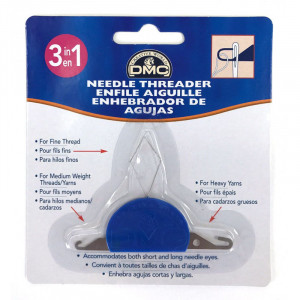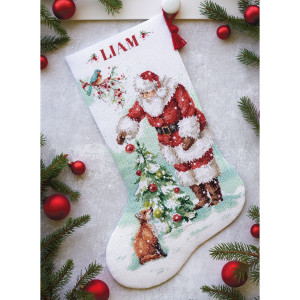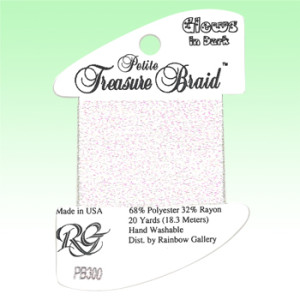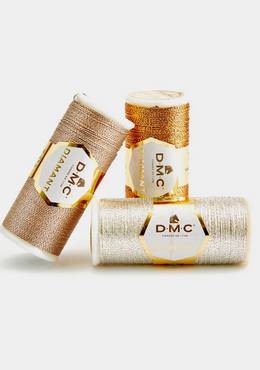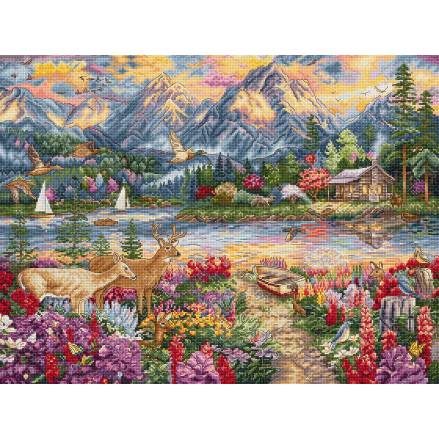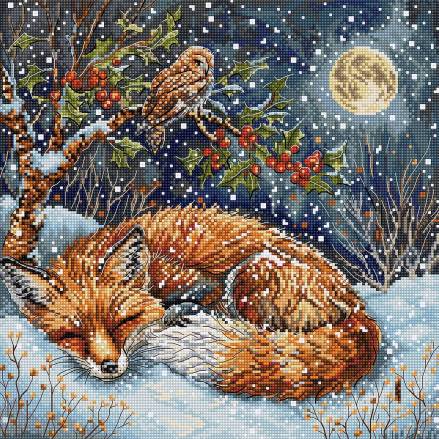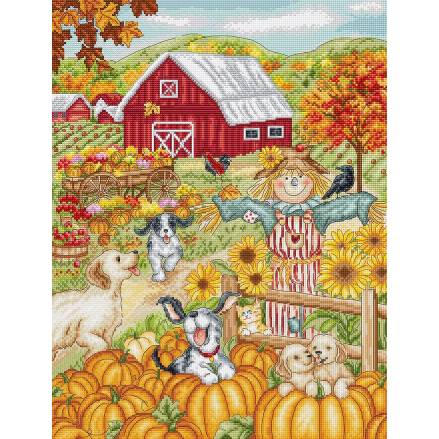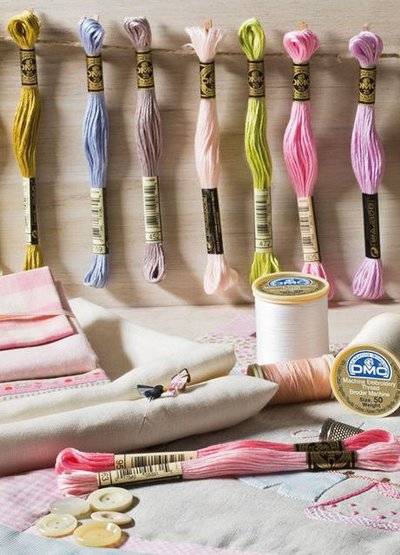Embroidery is an exquisite art form that allows individuals to infuse their creativity into fabrics. One essential aspect of achieving beautiful embroidery is choosing the right needles. Different embroidery projects call for different needles, and understanding how to select them can greatly enhance your stitching experience. Here's a brief guide on how to choose the perfect needles for your embroidery endeavors.
-
Needle Size: The size of the needle matters. Smaller needles are ideal for delicate fabrics like silk or organza, while larger ones work well with thicker materials such as denim or canvas. It's important to match the needle size to your fabric for smooth, even stitches.
-
Needle Type: There are various types of embroidery needles available. Common options include crewel needles, sharps, and ballpoint needles. Crewel needles are versatile and great for most embroidery projects, while sharps are perfect for fine details. Ballpoint needles are designed for knit fabrics to prevent snagging.
-
Eye Size: The size of the needle's eye is crucial, especially when working with different types of embroidery thread. If you're using thick threads like pearl cotton, opt for a needle with a larger eye to accommodate them. For finer threads, choose needles with smaller eyes.
-
Needle Point: Needles come with different point styles, such as sharp, round, or blunt. Select the point that suits your fabric and desired effect. Sharp points are excellent for intricate work, while blunt points are better for loosely woven fabrics.
-
Needle Material: Embroidery needles can be made of various materials, including steel, nickel-plated, or gold-plated. Steel needles are durable and suitable for most projects, while plated needles may offer smoother stitching.
-
Specialty Needles: Consider specialty needles for specific techniques. For instance, if you're doing embroidery on felt, a chenille needle is an excellent choice due to its long, thick eye. For ribbon embroidery, use a milliner's needle, which has a round eye and is perfect for ribbon threading.
-
Experiment and Practice: Don't hesitate to experiment with different needles to find the ones that feel most comfortable for you. It's also a good idea to practice with scrap fabric before starting your actual project to ensure that you have the right needle for the job.
In conclusion, selecting the right needles for embroidery is crucial for achieving beautiful and precise results. By considering factors like needle size, type, eye size, point style, material, and specialty needs, you can enhance your embroidery experience and create stunning pieces of art. So, the next time you embark on an embroidery project, take a moment to choose the perfect needle for the task at hand. Happy stitching!

